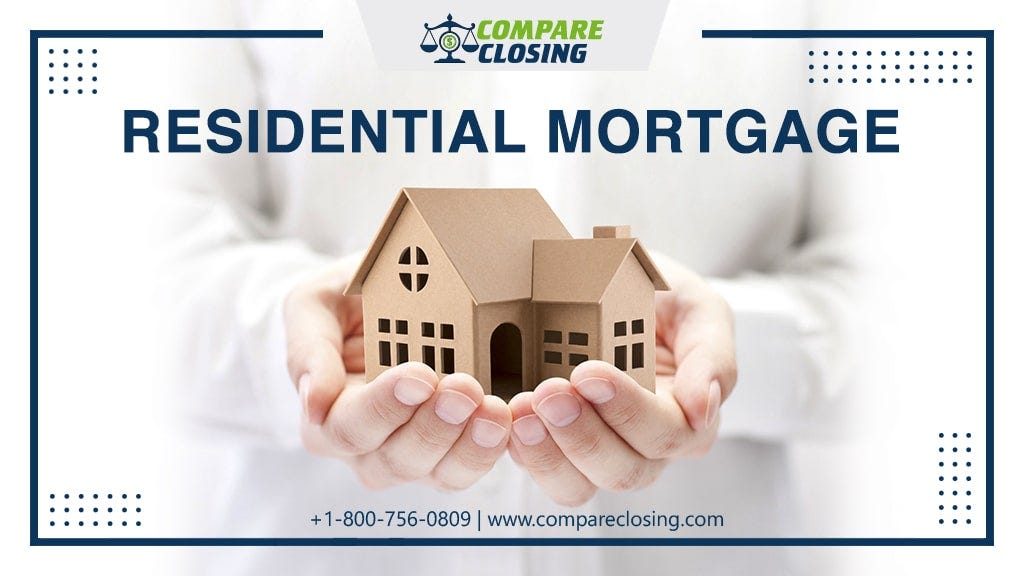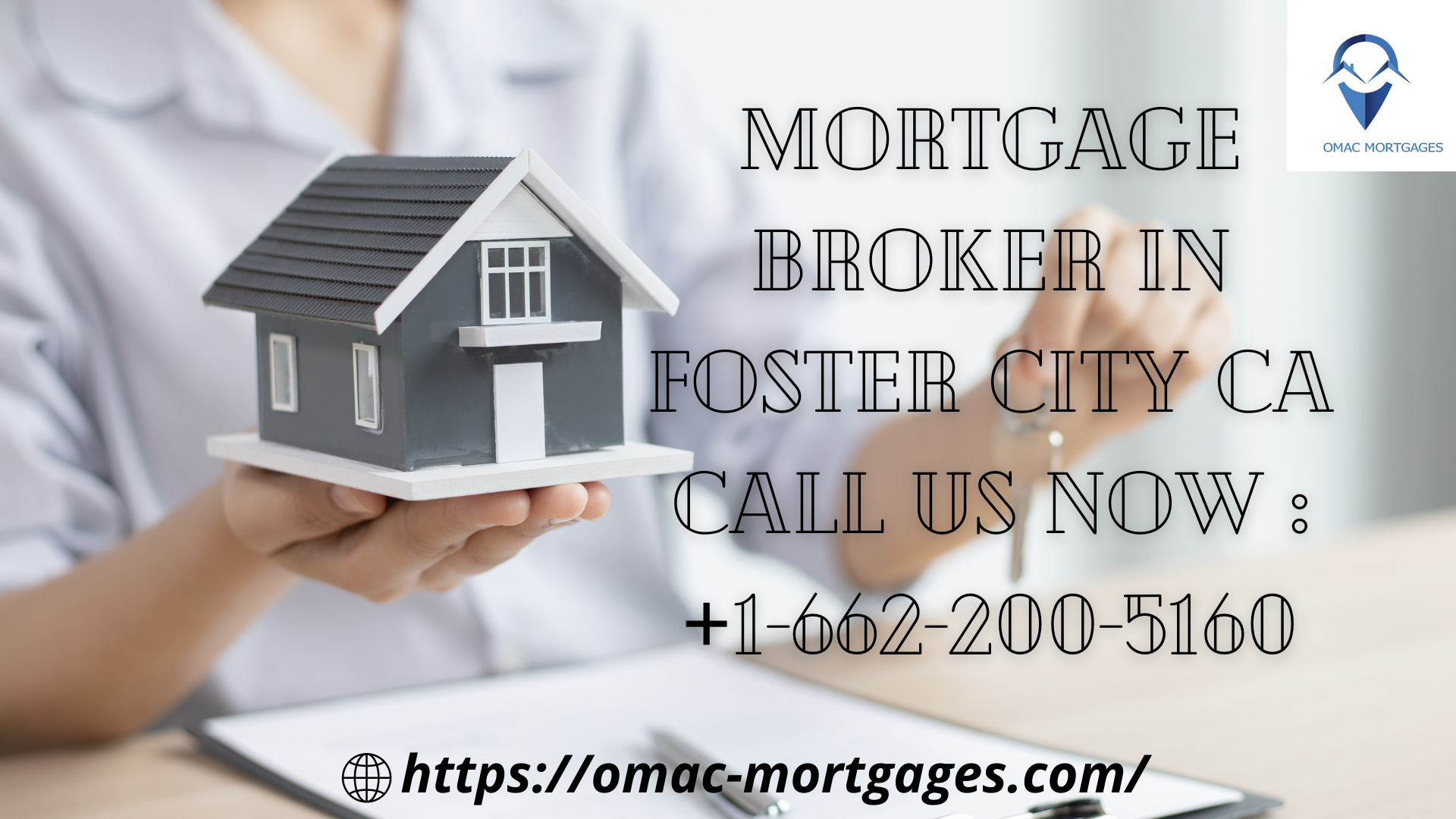
Introduction To Residential Mortgage
A loan that people get in order to buy a house or other residential property in which they will live is called a residential mortgage.
The loan is fixed by a lien on the property and the borrower repays it over a specified period of time.
Under general circumstances, the interest on a residential mortgage is tax-deductible.
What Is A Residential Mortgage?
A borrower can purchase a house with a residential mortgage which is a large loan designed with the property in question put up as security.
The general idea is to make up the value of the property with a combination of a down payment and a mortgage loan which the borrower pays back along with the interest in monthly installments over an agreed period of time.
It is important to know that a residential mortgage can only be taken out on a house that is being used as the borrower’s primary residence if they are using a property for commercial purposes like on rental, then they will need a different kind of loan.
A residential mortgage loan means any loan primarily for individual, family, or household purposes that are secured by a mortgage.
Can A Borrower Get A Residential Mortgage On A Commercial Property?
If the area is zoned commercial, then zoning may not allow borrowers to live there. And residential mortgage loans are only available on properties that are zoned 1–4 residential units, so no borrower cannot get a residential mortgage on a commercial property.
The borrower would then need to be looking at a commercial property loan.
There are many types of house loans available like FHA loans, VA loans, USDA loans, conventional loans with adjustable-rate mortgages, fixed-rate loans, jumbo loans, and more.
Each mortgage loan may require certain down payments or has specific standards for the loan amount, interest, and mortgage insurance.
Let’s go through 5 different types of house loans:
Types of Residential Mortgage
1. FHA Loan
A typical home loan requires a down payment of 20% of the purchase price of the home, with a Federal Housing Administration, or FHA loan, the borrower can put down as little as 3.5%.
Because Federal Housing Administration loans are government-backed loans.
Homebuyers who have very little savings for a down payment can take advantage of an FHA loan.
There are several requirements for mortgage loans by FHA. The loan amounts are limited and don’t provide much flexibility.
FHA loans are fixed-rate mortgages, with 15 or 30-year terms.
Buyers of FHA-approved loans also require paying mortgage insurance, which can be approximately 1% of the cost of their loan amount.
2.VA Loan:
If the borrower had served in the United States military, a VA loan can be an excellent choice over a conventional loan.
If they qualify for a VA loan, they can get a home with no requirement of down payment or mortgage.
Veterans who’ve served 90 continuous days during wartime, 180 days during peace, or six years in the reserves are eligible for VA loans.
As these loans are government-backed, they have strict requirements.
The home must be a primary residence and must meet minimum property requirements.
3. USDA Loan:
The USDA Rural Development loan is another government-sponsored home loan that is designed for families living in rural areas. 100% of the home price is financed by the government for USDA-eligible homes.
Meaning borrowers do not need to make down payments and gain to get the best mortgage interest rates.
Financially challenged borrowers in rural areas can access USDA-eligible home loans.
These home loans come with affordable mortgage payments. The borrower’s debt load cannot exceed their income by more than 41%, and, borrowers also need to purchase mortgage insurance.
4. Fixed-Rate Loan:
The fixed-rate loan — are the most common type of conventional loan, they have a single interest rate and monthly payment for the life of the loan, which is for 15 or 30 years. A jumbo loan is a type of fixed-rate mortgage.
This conventional loan is ideal for homeowners who want predictability and want to stay in the home for long.
For a mortgage payment, the borrower pays a particular amount for 15 or 30 years. A fixed-rate loan requires a down payment.
The rise and fall of interest rates do not affect the terms of their home loan, so they will always know what to expect with their monthly payment.
5. Adjustable-Rate Mortgage:
The next type of conventional loan is adjustable-rate mortgages (ARM) which offer mortgage interest rates lower than what a fixed-rate mortgage offers for a period of time, like five or 10 years, instead of the life of a loan.
And after the initial period, the interest rates and monthly payments get adjusted once a year.
So if interest rates go up, the monthly payments too will; if they drop, the borrower will pay less on mortgage payments.
Homebuyers with lower credit scores can take advantage of the adjustable-rate mortgage.
As people with poor credit do not get good rates on fixed-rate loans, an adjustable-rate mortgage can help to bring those interest rates down and bring homeownership within reach.
People who plan to move and sell their home before their fixed-rate period is up and their rates start wavering. However, the monthly payment can fluctuate.
Conclusion
A loan secured by real property used for an individual residence or dwelling. The loan is secured by a lien on the property; the borrowers pay it off over a specified period of time.
The interest on a residential mortgage is tax-deductible under most circumstances.
https://www.compareclosing.com/blog/what-is-a-residential-mortgage/


























